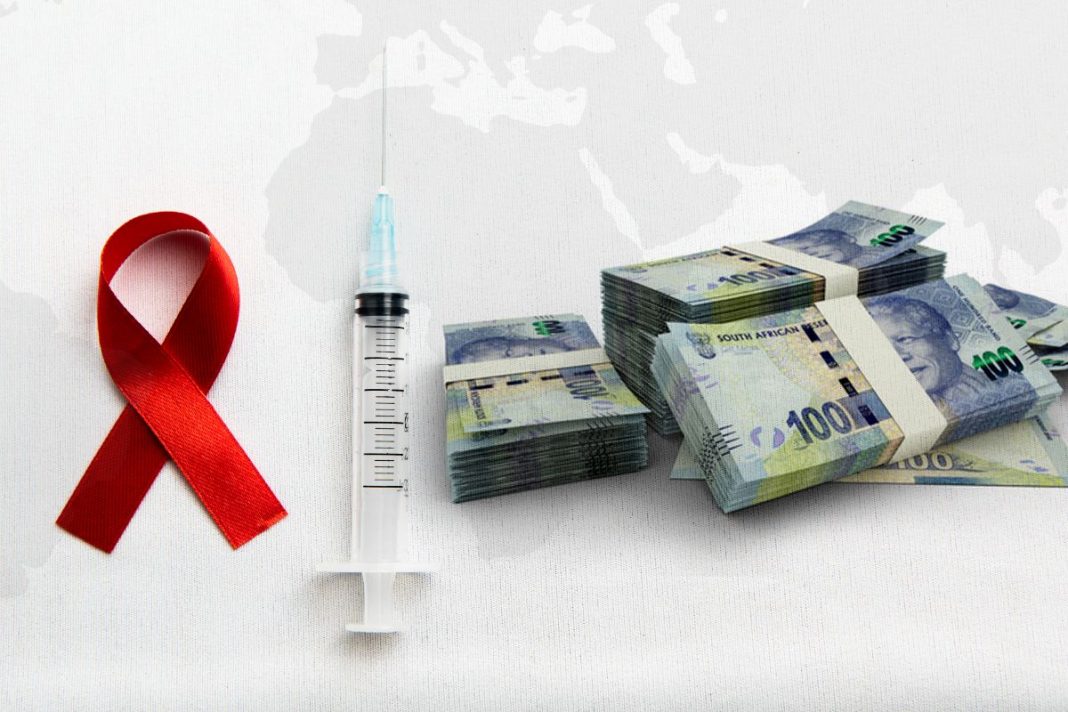The chilling silence in a Kileleshwa home on April 10, 2025, masked a deadly secret. A 44-year-old house-help was lying on her bed lifeless, due to carbon monoxide poisoning. Six months earlier, a 19-year-old student died in her sleep at her one-roomed rented house in Sigalagala, Kakamega.
Separate investigations revealed carbon monoxide poisoning from charcoal jikos was the cause of death in both cases.
As Kenya enters the cold season this July, many families are locking themselves indoors and turning to charcoal jikos for warmth and cooking. However, this common practice can be fatal.
Carbon monoxide (CO)–a colourless, odourless gas–is a silent killer. It displaces oxygen in the bloodstream, and early symptoms like headaches, dizziness, and chest pain can escalate rapidly to respiratory distress and death.
According to the ‘Behaviour Change and Communication Strategy for Promoting Clean Cooking In Kenya’, published by the Ministry of Energy and Petroleum in 2022, there is a heavy reliance on solid biomass fuel, estimated at 67 percent for all households, with approximately 84 percent of biomass users living in rural areas.
Only 24 percent of the population relies on Liquefied Petroleum Gas (LPG), mostly in urban areas, while 17.7 percent use paraffin and another 17.7 percent use charcoal as their primary cooking fuel.
The Economic Survey 2024 reports a troubling 19.6 million cases of respiratory diseases in 2023, marking a 22.4 percent increase from the previous year.
Pneumonia cases alone rose by 1.6 percent to 1.4 million, partly due to smoke inhalation. Older adults in rural areas report higher incidences of respiratory illnesses for using firewood and charcoal stoves compared to urban dwellers who use cleaner energy sources such as electricity, biogas, and ethanol.
Reducing exposure to carbon monoxide and smoke not only saves lives but also eases the burden on public health systems. It boosts school attendance, enhances workplace productivity, and contributes to healthier communities.
In its seasonal forecast released on May 1, 2025, the Kenya Meteorological Department issued a warning over the potential increase in respiratory diseases such as asthma. They noted that the cold season would be experienced in Nairobi and other parts of the country during the next three months.
“Respiratory diseases like asthma, pneumonia, flu, and the common cold are likely to increase in Nairobi County and the highlands East of the Rift Valley due to the expected cold conditions,” read the advisory.
It further advised the public to dress warmly, follow Ministry of Health advice, and critically, “avoid using charcoal jikos in poorly ventilated houses as they may produce carbon monoxide gas that is lethal when inhaled”.
“Continued reliance on wood fuels and traditional stoves is not sustainable,” says Alex Wachira, Principal Secretary in the State Department for Energy. “It increases deforestation and greenhouse gas emissions, and contributes to household air pollution, which causes premature deaths, especially among women and children.”
The Intergovernmental Panel on Climate Change (IPCC) estimates that replacing traditional open fires with more energy-efficient improved cookstoves (ICS) has a global mitigation potential of between 0.6 and 2.4 Gigatonnes of Carbon dioxide equivalent per year.
This simultaneously delivers a wide range of sustainable development benefits, such as reducing pressure on forests and biodiversity, lessening exposure to smoke-related health hazards, reducing the burden on women and children for collecting wood, and saving money for low-income families.
Through the Kenya Off-Grid Solar Access Project (KOSAP), the Government of Kenya and the World Bank are intensifying efforts to champion clean cooking solutions in 14 underserved counties: Garissa, Isiolo, Kilifi, Kwale, Lamu, Mandera, Marsabit, Narok, Samburu, Taita Taveta, Tana River, Turkana, Wajir, and West Pokot.
The Project aims to facilitate the sale of 60,000 improved and clean cooking solutions.
Among the first beneficiaries, Ms Tina Tito, a resident of Kone Village in Mikinduni, Tana River County, who purchased the new energy-efficient jikos. “The stove uses very little charcoal, lights longer before dying off for about 3 to 4 hours, and cooks faster.
The stove gives very little smoke and is fitted with plastic foot pads, hence does not destroy the work surfaces,” she says. She initially found it slow to light but learned to “shake off the ash and not to fill charcoal to block the air holes,” adding, “I have not encountered any other challenges.”
KOSAP has adopted an innovative Results-Based Financing(RBF) initiative where the Government is helping to make clean cooking solutions affordable through the provision of subsidies to the end users.
RBF has enabled private solar companies to establish sustainable supply chains for the marketing and sales of solar home systems in the underserved counties.
The companies participating in this Results-Based initiative under KOSAP include Brenhert Investments Limited, Elcom Networks, Equity Bank, Green Light Planet (GLP), Hunkar Trading Limited, Jambo Capital, M-Gas Limited, Nagoya Holdings (Sayona), Nyalore Impact, Rafode Renewable Energy, Rokim Kenya Limited, Solar Panda Kenya Limited, Sunvine Africa Limited, Wisdom Energy Hub, Burn Manufacturing, D.light Limited and Ngece Rinjeu Foundation.






